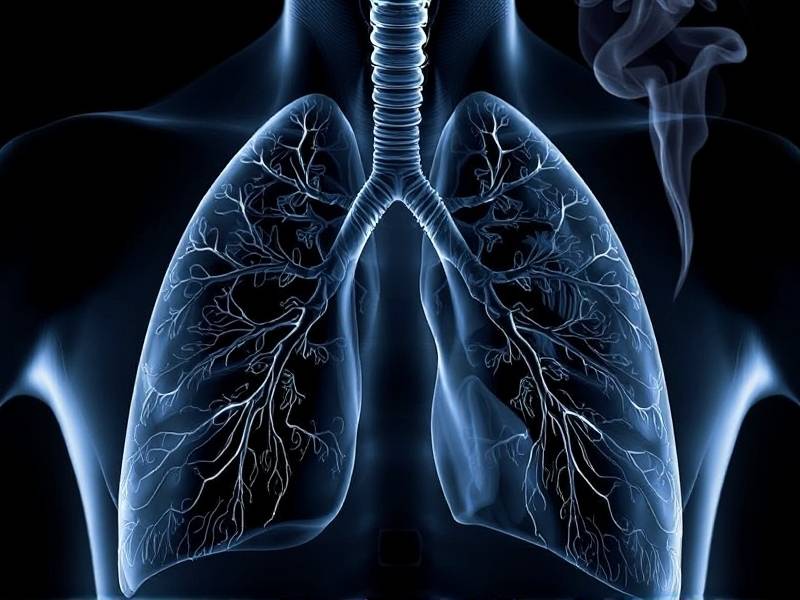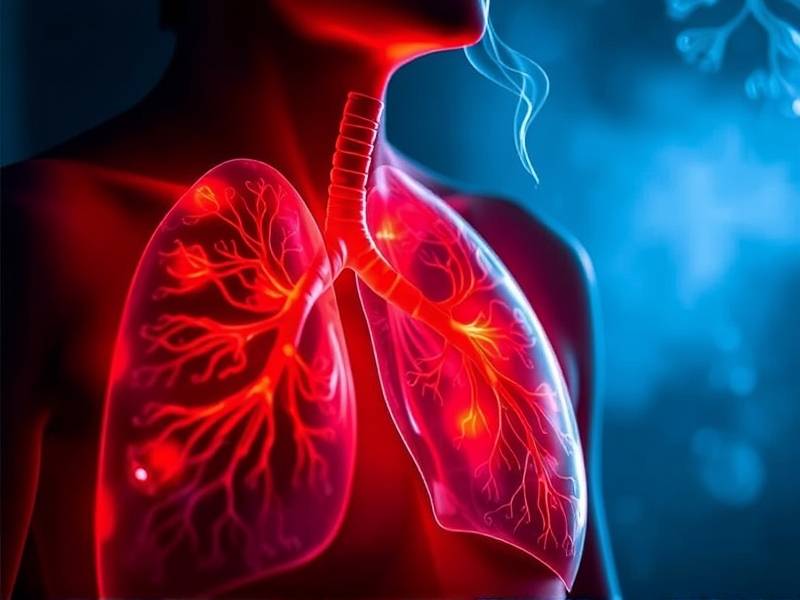Do Your Lungs Really Repair If You Quit Smoking?
Unveiling the Truth: Do Your Lungs Really Repair If You Quit Smoking?
Introduction: Smoking has been a long-standing health concern, with numerous studies highlighting its detrimental effects on the human body. One of the most common questions among smokers is whether their lungs can truly repair if they quit smoking. In this article, we will delve into this topic, exploring the scientific evidence and shedding light on the potential benefits of quitting smoking for lung health.
Section 1: Understanding Lung Damage from Smoking Smoking introduces harmful chemicals into the lungs, leading to inflammation, scarring, and impaired lung function. The primary culprits are tar and nicotine, which cause damage to the alveoli (air sacs) and other lung tissues. This damage can lead to various respiratory conditions, including chronic obstructive pulmonary disease (COPD), emphysema, and lung cancer.

Section 2: The Healing Process When individuals quit smoking, their bodies begin a remarkable healing process. While complete restoration of lung function may not be possible in all cases due to extensive damage, there is significant evidence to suggest that quitting smoking can lead to substantial improvements in lung health.
Subsection 2.1: Early Improvements Within a few weeks of quitting smoking, individuals may experience a decrease in shortness of breath and an increase in lung capacity. This improvement is attributed to reduced inflammation and better oxygenation of the blood.
Subsection 2.2: Long-term Benefits Over time, as individuals continue to avoid smoking, their lungs can undergo further repair processes. The following long-term benefits have been observed:
- Reduced risk of developing COPD and other respiratory diseases.
- Improved lung capacity and overall breathing function.
- Decreased risk of developing lung cancer.
- Enhanced immune system response within the lungs.
Section 3: Factors Influencing Lung Repair It is important to note that the rate at which lungs repair after quitting smoking can vary among individuals. Several factors influence this process:

- Duration of smoking: Longer periods of smoking tend to result in more extensive damage.
- Age at quitting: Younger individuals may experience faster repair compared to those who quit later in life.
- Overall health status: Individuals with pre-existing respiratory conditions may require more time for healing.
- Environmental factors: Exposure to secondhand smoke or air pollution can hinder lung repair.
Conclusion: While it is true that quitting smoking does not guarantee complete restoration of lung function for everyone, there is substantial evidence supporting the idea that your lungs can indeed repair if you quit smoking. By making this life-changing decision, you are taking a significant step towards improving your overall health and reducing your risk of serious respiratory conditions. Embrace the journey towards better lung health by seeking support from healthcare professionals and joining cessation programs available in your community.
